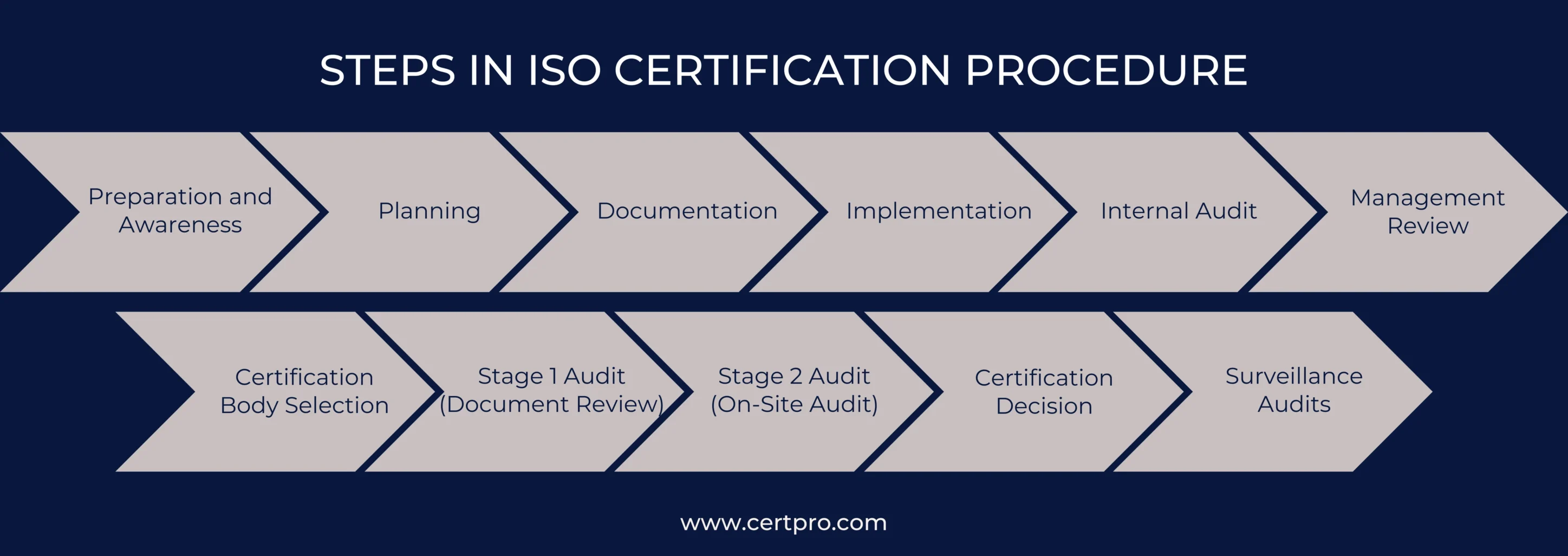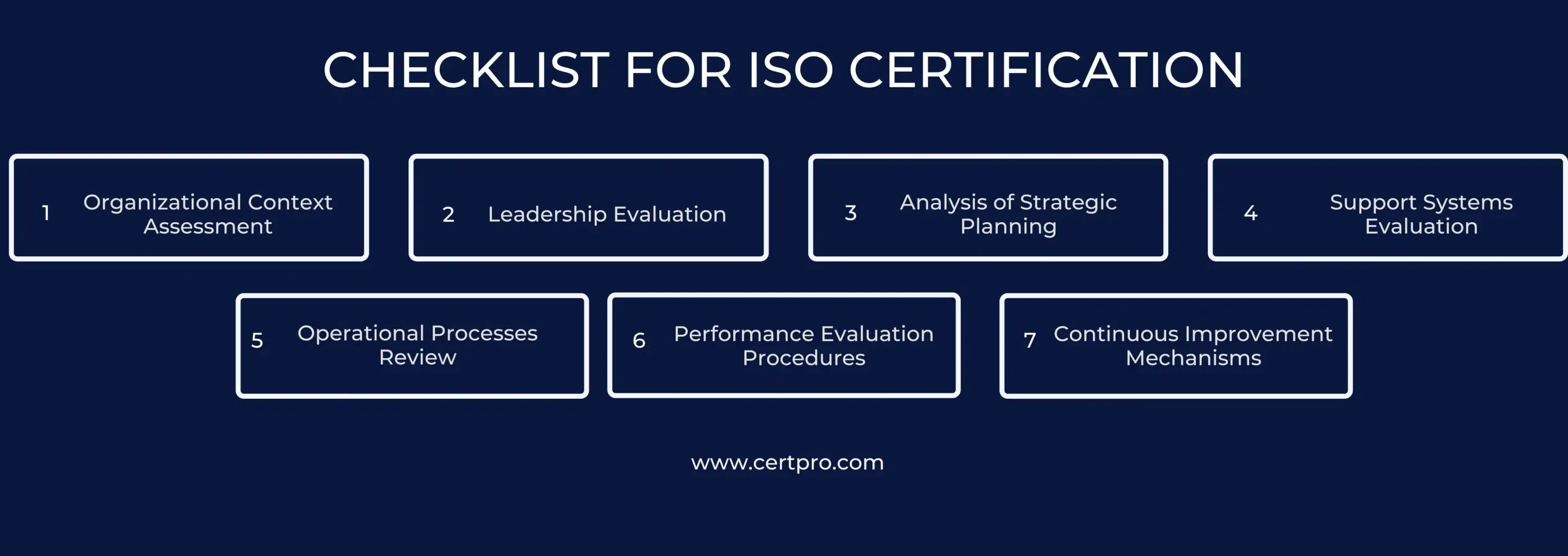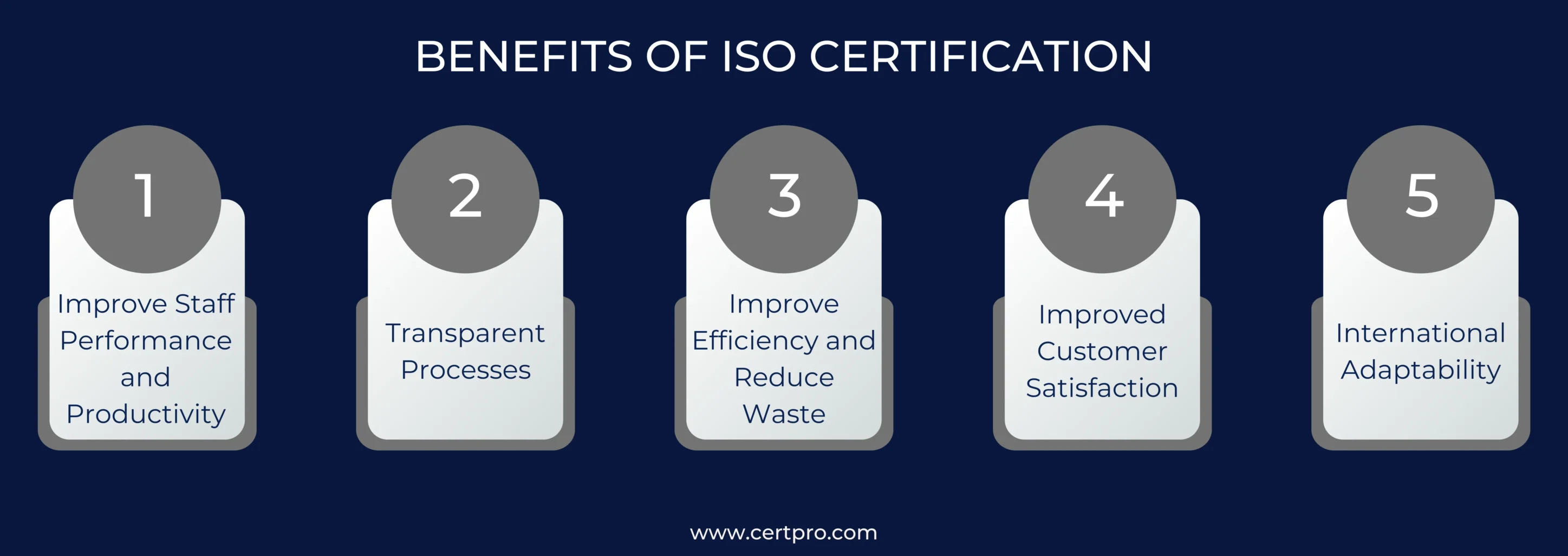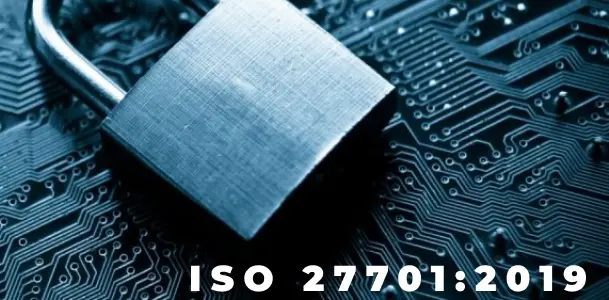indonesia
ISO CERTIFICATION IN INDONESIA
Globalization has dramatically affected businesses today, forcing them to make goods worldwide. Thus, this need is essential to improve goods and services. In Indonesia, getting ISO certification is vital for business growth. Companies have to follow specific standard controls and rules for global business. In addition, ISO certification in Indonesia signifies that your business follows strict rules. In Indonesia, where the market constantly changes, ISO is essential for building trust in goods and services. Thus, it raises the quality of the product or service and makes it popular worldwide.
ISO Indonesia confirms that the products are safe for international customers and keep the workplace safe for workers. Thus, ISO certification in Indonesia makes it easy to deal with other countries and ensures that the goods are of satisfactory quality. Therefore, the certification helps the company grow around the world. An ISO-certified business will give the buyers good products and services. Read the whole page to find out more about ISO certification in Indonesia.
WHY ISO CERTIFICATION IN INDONESIA?
In Indonesia, ISO is critical because it helps your business find many new possibilities. ISO Indonesia makes your business productive and works hard to achieve customer satisfaction. Furthermore, getting certified can lower your risks and open up new opportunities. Your business can adapt optimally to the market because of ISO.
Due to the process of keeping records, ISO certification in Indonesia reduces the chance of repeatedly making the same mistake. Again, ISO helps Indonesian companies grow and advertise their international quality standard. This way of promoting your business shows that it meets foreign standards, which makes it more desirable on the global market. Similarly, businesses want their suppliers to have ISO certification before the collaboration. The certification method builds employee confidence and keeps your company from having skill holes. Hence, getting ISO certification makes it easier to continue the business in the global market.
UNDERSTANDING ISO CERTIFICATION IN INDONESIA
Achieving ISO 9001 certification in Indonesia shows the business’s dedication to offering reliable, high-quality goods and services. Therefore, the ISO 14001 standard promotes environmental growth. Data protection is an integral part of ISO 27001. It fits with Indonesia’s attempts to become digitally advanced. Thus, the diverse Indonesian market gains positive outcomes from ISO certification, which makes customers trust businesses and lets them fight globally. In addition, ISO certification makes products more reliable by streamlining processes, reducing waste, and eliminating errors. ISO Indonesia can set up robust systems that follow best practices worldwide. Therefore, ISO certification in Indonesia improves Indonesia’s image worldwide.
Consequently, regular monitoring and reviewing ensure that the ISO standard is constantly followed. ISO certification often offers a competitive edge to your business as it shows your commitment to quality and ongoing growth. The ISO 14001 certification fits Indonesia’s attention to safety and environmental management. In addition, ISO standards often focus on what customers want, which keeps them satisfied and returning. Indonesian suppliers who work with foreign supply lines need to have ISO certification.
Related Links
SOC 2 in Indonesia
ISO 27701 in Indonesia
GDPR in Indonesia
ISO 27018 in Indonesia
HIPAA in Indonesia
CCPA in Indonesia
PIPEDA in Indonesia
ISO 17025 in Indonesia
ISO 13485 in Indonesia
CE Mark in Indonesia
GDP in Indonesia
GLP in Indonesia
ISO 9001 in Indonesia
ISO 14001 in Indonesia
ISO 45001 in Indonesia
ISO 22000 in Indonesia
HACCP in Indonesia
ISO 22301 in Indonesia
ISO 21001 in Indonesia
ISO 41001 in Indonesia
ISO 20000-1 in Indonesia
Thus, continuous growth is integral to ISO certification because it helps Indonesian businesses stay competitive and operate smoothly. Eventually, ISO certification in Indonesia boosts a business’s image by showing that it meets global quality standards. This makes customers and business partners more likely to trust the company.

STEPS IN ISO CERTIFICATION PROCEDURE IN INDONESIA
The steps below must be followed to implement ISO certification in Indonesia successfully. However, the steps are flexible and can be modulated according to the organization’s needs.
Preparation and Awareness: Before implementing the ISO standards, you should know your company’s goals. Knowing the guidelines, benefits, and implementation methods can help make the process easier to handle.
Planning: Practical planning can help carry out strategy more effectively. Therefore, business people need to look for the vulnerabilities. Thus, making a plan to lower risks is also part of the process. Because of this, effective planning and performance can improve your company’s compliance standing.
Documentation: Establishing rules and implementation requires writing down the details to check their effectiveness. Thus, documentation helps the inspector review the efficacy and importance of controls in the external auditing process.
Implementation: For ISO certification in Indonesia, new rules must be implemented and followed. The execution process needs close monitoring and improvement to achieve positive results.
Internal Audit: It examines your company’s current practices and finds flaws. Therefore, reviews must be done before the final auditing, which is essential for certification.
Management Review: This study examines the success, usefulness, and growth of the ISO application and decides what needs to be changed or improved.
Certification Body Selection: ISO certification comes from outside groups, not ISO itself. So, select certified bodies carefully based on their knowledge and ability to do their jobs.
Stage 1 Audit (Document Review): In this step, the controls and documents are checked to ensure they follow the rules, any issues are fixed, and the work meets the quality standards.
Stage 2 Audit (On-Site Audit): After making changes, an external auditor performs the final audit. This process produces an ISO report and ensures no more non-conformities.
Certification Decision: Obtaining an ISO audit report is the last step in the certification process. An audit report will be issued if the auditor is satisfied with the findings. However, if the auditor finds problems with the process, you should fix them and ask for another audit.
Surveillance Audits: This makes sure that the rules are followed. Also, the rules and methods work better when regularly checked and monitored.
Helping to form relationships with the auditing and advising company makes getting certified easier.

ISO CERTIFICATION PROCESSING TIME
The process might take at least three to six months to get ISO certification in Indonesia. The main goal is to take wise steps to help the certification process. In addition, organizations must develop and follow specific steps for a certain amount of time before external audits. Also, putting ISO into practice is hard, and you can seek help from a professional. CertPro, ISO consultants in Indonesia, could help you with the certification process. Hence, CertPro will help you implement ISO standards. The certification will continue for three years but must be renewed annually. You need to work with skilled ISO experts to align your business with ISO standards.
CHECKLIST FOR ISO CERTIFICATION IN INDONESIA
Use the checklist for your audit plan to ensure a successful ISO certification in Indonesia:
Organizational Context Assessment: Understanding the organization’s certification goals is essential. Therefore, being aware of internal and external factors and stakeholders’ demands is helpful. The process also helps determine possible threats to compliance.
Leadership Evaluation: It demonstrates that the company is dedicated to providing top-notch services and has the tools to ensure compliance.
Analysis of Strategic Planning: They need to show how they plan to change the method if it needs to be changed. Strategic planning also includes managing dangers and using the organization’s resources.
Support Systems Evaluation: A quality control system must be established. This process requires infrastructure, a working environment, knowledge, and techniques.
Operational Processes Review: An organization needs to look at its services carefully. This helps them understand how vulnerable they are. Once more, this process requires a more in-depth look from an outside reviewer.
Performance Evaluation Procedures: There are ways to track and rate success. Manager reviews, internal checks, and customer polls can all be used.
Continuous Improvement Mechanisms: Set up plans that will help the system improve over time. ISO rules say steps should be taken to encourage growth to continue.

POPULAR ISO STANDARDS IN INDONESIA
Some significant ISO standards are ISO 14001, ISO 17025, ISO 13485, ISO 9001, ISO 45001, ISO 27001, ISO 22000, and more. Therefore, Indonesia is in both Oceania and Southeast Asia. The Indian and Pacific seas surround it. Thus, people know that the ISO 9001:2015 standard stresses using quality management systems to ensure that goods and services are consistently and reliably provided. Further, ISO 14001:2015 covers environmental management systems and promotes ecological awareness and industrialization.
Likewise, ISO 27001:2013 has become critical, especially regarding improving data protection in Indonesia. Therefore, the standard helps businesses keep private information safe and avoid the risk of data breaches. In this regard, ISO 26262 is necessary for the car business to ensure that electrical and electronic systems function safely. Furthermore, ISO 45001:2018 emphasizes occupational health and safety. It confirms the employee’s safety and security in Indonesia.
On the other hand, ISO 22000:2018 is concerned about food safety management methods in the food business. Again, ISO 50001:2018 concentrates on energy management and resolves to use safe energy methods. These ISO guidelines help Indonesia follow the rules, make technological progress, and reach its growth goals.
BENEFITS OF ISO CERTIFICATION IN INDONESIA
ISO certification in Indonesia makes your business grow. Getting the certifictaion shows that the company is setting the bar for quality management systems. To help you understand it better, here is a short list of the benefits:
Improve Staff Performance and Productivity: In Indonesia, ISO certification is an excellent chance for companies to work better and faster. Standardized habits and processes make it easier for people to work together.
Transparent Processes: Inspections are done by people outside the company as part of the approval process. It is now easy to improve, and there is a clear path to follow. Additionally, ISO standards help show process data, improve working ways, and improve things overall. Standardization makes it easy to talk about what is expected of people and lessens uncertainty and misunderstanding about work.
Improve Efficiency and Reduce Waste: ISO certification in Indonesia can help your company grow. It allows the business to run more smoothly and saves money by eliminating waste. Quality management systems can also help companies to make more money, and ISO Indonesia sets rules for them.
Improved Customer Satisfaction: In Indonesia, obtaining ISO certification lets people know that they can trust your business. Additionally, obtaining ISO certification is an excellent way to show that you are committed to using efficient methods and making good products.
International Adaptability: ISO certification in Indonesia signifies that its goods and services meet strict rules set by other countries.
The standards ensure that the company’s goods and services meet standards from other countries. They also show that the business has a clear plan to reduce and eliminate any risks that might arise. After getting ISO, companies can work from anywhere in the world, which helps them grow.

INDUSTRIES THAT BENEFIT FROM ISO CERTIFICATION IN INDONESIA
Many companies in Indonesia continue to benefit significantly from ISO certification, and many local businesses know how important it is to their success. Therefore, ISO Indonesia is more than just a status symbol; it shows the organization follows quality, safety, and the environment. In the manufacturing industry, ISO 9001 certification raises the quality of products and makes operations more efficient. This promotes a mindset of constant growth and gives companies a competitive edge. Getting ISO 27001 certification is essential for Indonesia’s IT industry as it improves data protection at a time when data is precious. Similarly, ISO/TS 16949 approval improves Indonesia’s image worldwide as a leader in making cars by ensuring that vehicles are safe and last a long time.
Moreover, ISO certification in Indonesia affects more than just one business; they change environmentally friendly building technologies and methods for sustainable construction. Indonesia’s acceptance of ISO 27001, SOC 2 (Global Payment Card Industry), GDPR, HIPAA, and PIPEDA certifications shows its dedication to high standards for healthcare, data security, and privacy. In Indonesia, getting ISO certification shows that you care about the well-being of people and the world and your business’s success. The fact that ISO experts are involved shows that companies need strategic direction to complete the certification process.
CERTPRO: EMPOWERING YOUR BUSINESS TO ATTAIN ISO CERTIFICATION EFFORTLESSLY
Getting ISO certification in Indonesia lets people worldwide know they can trust your business. This is why CertPro can help your business follow ISO rules. As ISO consultants in Indonesia, we do things the right way to give our clients the best service possible. Our professionals will also help you create a complete approval system. CertPro also changes these rules based on the business’s needs. Once more, we will take care of everything during the certification and tracking reporting process.
FAQ
What is ISO certification, and why is it important in Indonesia?
ISO certification in Indonesia confirms adherence to international standards, ensuring quality, safety, and effectiveness in goods and services. It is crucial for operational efficiency, market competitiveness, and global trust.
How can a company in Indonesia obtain ISO certification?
Companies in Indonesia can obtain ISO certification by following processes such as preparation, applying ISO standards, internal audits, selecting a certification body, and undergoing external audits.
What benefits does ISO certification offer in Indonesia?
ISO certification in Indonesia provides benefits such as enhanced reputation, improved market access, operational efficiency, customer trust, regulatory compliance, and alignment with sustainable practices.
Why is ISO certification important for industries in Indonesia?
ISO certification is vital for various industries in Indonesia, as it ensures adherence to global standards, boosts competitiveness, and fosters innovation and economic growth.
How do ISO consultants contribute to the certification process in Indonesia?
ISO consultants in Indonesia guide businesses through the certification journey, ensuring compliance with ISO standards and providing strategic advice for effective navigation.
THE IMPORTANCE OF SOC 2 FOR SAAS COMPANIES: BENEFITS AND REQUIREMENTS
SOC 2 is a data security standard developed by the American Institute of Certified Public Accountants (AICPA). The standard offers the desired level of privacy and security regarding customer information. The rule is not mandatory, but it has multiple benefits for...
DIFFERENT HIPAA REQUIREMENTS: UNDERSTANDING THE RULES AND REGULATIONS
With increasing cyberattack trends, organizations must take appropriate measures to secure their lifeblood. Similarly, patient health and financial information need protection in the healthcare sectors. Therefore, the Health Insurance Portability and Accountability...
NAVIGATING DATA PRIVACY FRAMEWORKS: A COMPREHENSIVE GUIDE
Globalization has intense effects on business functioning and scaling. In today's digital world, companies are generating an unprecedented rate of data that requires protection from emerging cyber threats. In addition, recurring data breaches and privacy concerns make...












